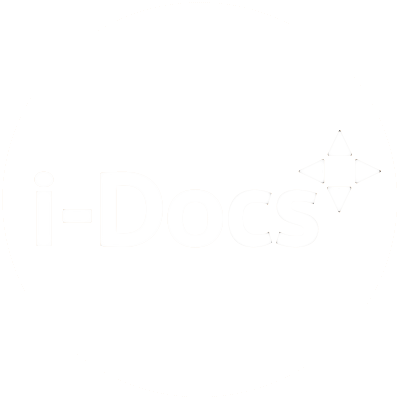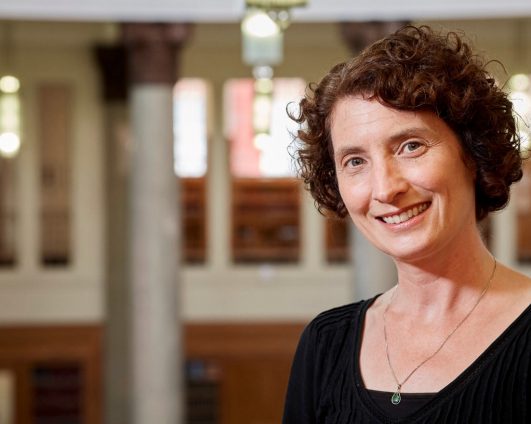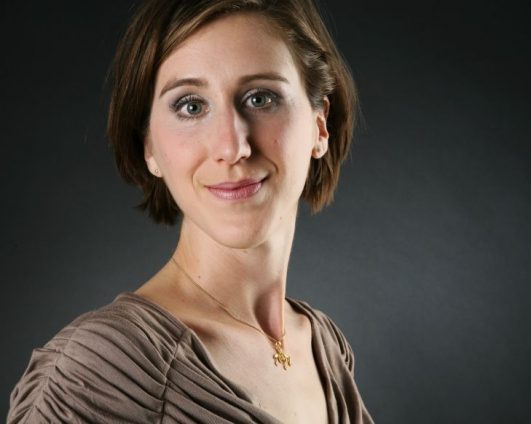First-Person Singular
Kate Nash – I-Pistemology: The self and knowledge in interactive documentary
Anna Wiehl – The Me, the We and the i-doc: emerging practices at the intersection of first-person documentary, poetic self-reflection and the interactive paradigm
Russell Richards – We are all Protagonists Now?
I-Pistemology: The self and knowledge in interactive documentary
Over the past twenty years the self and forms of subjective experience have come to play an
increasingly important role in documentary truth claims. The rise of ‘first-person media’
(Dovey 2000) over this period has been well documented. However, In the context of
increasing epistemic insecurity in which forms of ‘official’ or ‘expert’ discourse are rendered
increasingly suspect, the self and individual experience have been reinforced in their
epistemic role. Liesbet van Zoonan (2012) describes this as a shift toward I-pistemology an
epistemic regime in which the self is fundamental to understanding the nature, sources and
methods of knowledge. This is the context in which interactive documentary is developing
and one that contributes to a theoretical understanding of the experiential focus of much
interactive documentary work.
This paper takes the notion of I-pistemology as a starting point for engaging with interactive
documentary. With a focus on a range of idoc forms – participatory, simulation and games –
the presentation will explore the link between subjectivity and knowledge. It will consider
self-knowledge as a documentary goal, pointing to the imbrication of knowledge about the
world and self. I-pistemology provides a useful framework for thinking critically about
interactive documentary but it also has the potential to promote forms of production that
both locate the self at the heart of the documentary project and foster forms of awareness
of the link between self and knowledge.
References
Jon Dovey (2000) Freakshow: First person media and factual television. Pluto.
Van Zoonen, Liesbet (2012) ‘I-pistemology: Changing truth claims in popular and political
culture’, European Journal of Communication 27(1): 56 – 67
The Me, the We and the I-doc: Emerging practices at the intersection of first-person
documentary, poetic self-reflection and the Interactive paradigm
This presentation sets out to examine a central issue when it comes to concepts of
history, historiography and personal histories in interactive factuals: the oscillation between
subjectivity and objectivity, and with regard to participatory and co-creative practices – the ‘interactive
dance’ of the ‘me’ with a ‘you’ or even within a collective ‘we’. This is most prominently the case in
auto-referential assemblages which can be seen as a prolongation of what LEBOW (with regard to
linear documentary) described as ‘the cinema me’ or first-person cinema. Basic concepts of authorship,
of representation and construction of identity, of the self and the other are challenged; notions of
History with a capital H, of personal ‘histories’, stories and narratives of belonging are explored; and
last but not least, the epistemology of documentary configurations and its ontology are revisited.
This contribution proposes a theoretico-methodological approach to complex assemblages in this field
of emerging practices, taking a particularly intriguing case as a test-stone: the Korsakow documentary
Racing Home. Racing Home consists of extremely heterogeneous material: it is twice very personal
reflections by two filmmakers – Marian McMahon and Phil Hofmann, who after Marian’s death was
confronted with his partner’s poetic, filmic legacy and film-diaries. Despite the very personal material,
the assemblage is not an auto-biographical navel gaze: rather it is a intriguingly complex remediation
of archival newsreel footage, home-video, first-person point of view material by Marian and its
reflection in Phil’s meditations on the material; and it is an invitation for the user-interactors to ponder
on his or her own concepts of identity, history, his or her personal story, memory and belonging. And
finally, it is a meditation on mediation and the question of (in-)finity of being in relation to the
narrability of History and ‘reality’.
In view of the complex situation I suggest approaching the complex assemblage from three different
angles or through three different lenses:
first of all, the lens of cinema – the tradition of documentary film, especially theories of first-
person documentary (LEBOW), avant-garde practices in editing, using theories by
EISENSTEIN, BERGSON, DELEUZE (especially the concept of the affective interval);
secondly the lens of new media – theories of ‘the interactive’ [McMILLAN; MANOVICH;
MURRAY; RYAN]; and
last but not least the lens of (new) media ecologies [SOAR, MILES].
I argue that emerging practices shall be considered through a combination of various lenses or rather
prisms – neither only ‘straight forward’ documentary nor only ‘straight forward’ theories of ‘the
Interactive’. Taking up different associations of the ‘I’ in i-docs, this presentation hopes to contribute to
expanded theoretical and methodological approaches to innovative practices in the field of i-docs.
“We Are All Protagonists Now?”
This paper explores the concept of “the protagonist” in relation to i-docs. This approach draws
upon PhD research in the area of interactive audio-visuals and the creation of user-mediated
content and micro-stories. Where a user/audience sits in relation to an interactive document has
intrigued the author for more than twenty years. Initial research in the area of multimedia and the
Net resulted in a paper for New Media & Society in 2006 that focused on interactivity and detailed
three roles/positions for the user i.e. consumer, processor and generator. This triumvirate has been
further developed during PhD research into the activities of obtaining, using and making. Each
activity has value regarding the relationship with content. However it is the interaction with content
and tools, through publicly available digital technologies, that places people in the role of the
protagonist. They can take the lead. They can originate. It is asserted that this three level mapping
developed in a different domain accords with Judith Ashton’s three categories relating to i-docs and
performance: Performance, as live presentation, as live participation and as live creation i.e. it is
the latter case that enables protagonists. Furthermore the concept of the protagonist could help
with regard to the activity of co-creation as a means of assessing the originator of the direction,
design, editing and content creation. The definitions of co-creation and participation offered by Kat
Cizek are, it is asserted, in the same theoretical framework i.e. the originators of ideas/design can
direct others to participate by creating content. Participation means using the ideas/design of
others: taking part in something prescribed by others. The challenge to those who wish to make i-
docs etc. with partners instead of just about them is how far can one go with enabling partners to
be protagonists? In this regard the other two “Is” offered by Patty Zimmerman can be useful.
Intention is a key concept of any interactive document. A director can supply the original intention
but through dialogue with partners and client groups. The protagonist is in the position to mix
origination with intention. However indeterminacy is also part of this process. The outcome can be
indeterminate because of the “messiness” of the process (Cizek). We must follow protagonists to
the dénouement. But who will the protagonists be? Or maybe we are all protagonists now?



